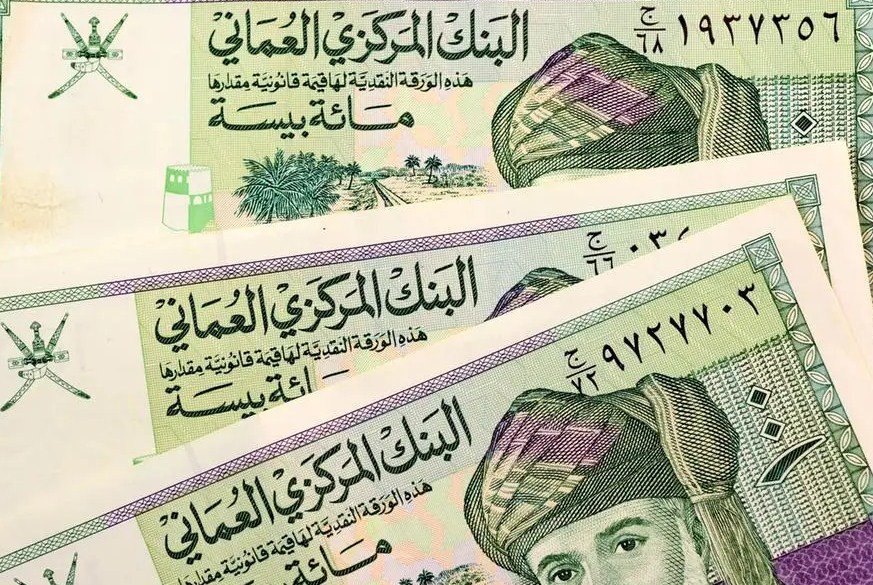Oman’s Islamic banking sector has witnessed a remarkable growth in the first half of 2023, reaching a new milestone of RO7bn in total assets, according to the latest data from the Central Bank of Oman (CBO). The sector’s market share has also increased to 17.2% of the total banking sector assets as of the end of June 2023, reflecting the rising demand for Shariah-compliant products and services in the sultanate.
Robust performance amid improving economic conditions
The CBO’s Financial Stability Report for 2023 stated that the Islamic banking sector has been growing in tandem with the improving economic conditions, rebounding after the pandemic. The report noted that the Islamic banking sector’s importance is on the rise as it continuously captures a larger market share.
The total assets of the sultanate’s Islamic banks and windows grew by 12.6% year-on-year, reaching the RO7bn mark at the end of June 2023. The growth rate was higher than the 9.6% recorded in June 2022. The sector’s assets accounted for 17.2% of the total banking sector assets as of the end of June 2023, up from 16.4% in December 2022.
The CBO report also revealed that Oman’s Islamic banking entities provided financing worth RO5.8bn as of the end of June 2023, recording a growth of 12.8% over the previous year. The financing-to-deposit ratio of the sector increased slightly to 111.4% at the end of June 2023, compared to 110.1% in December 2022.
The total deposits held by Islamic banks and windows increased by 10.5% to RO5.2bn at the end of June this year, compared to the previous year. The CBO report attributed the growth in deposits to the increasing customer confidence and preference for Islamic banking products.
Supportive regulations and expanding network
The CBO report also highlighted the role of supportive regulations and an expanding branch network in driving the growth of Oman’s Islamic banking sector. The report stated that the CBO has been proactive in issuing various regulatory and supervisory frameworks to ensure the soundness and stability of the sector.
One of the major developments in 2022 was the introduction of an Islamic liquidity management instrument in the form of a wakala money market instrument by the CBO. This instrument allows Islamic banks and windows to invest their excess liquidity with the CBO on a Shariah-compliant basis.
The CBO report also noted that Oman’s Islamic banking sector has been expanding its outreach through various channels, including branches, ATMs, mobile banking, and internet banking. The number of branches of Islamic banks and windows increased to 114 at the end of June 2023, compared to 108 at the end of December 2022.
Positive outlook and challenges
The outlook for Oman’s Islamic banking sector is positive, as several rating agencies have projected a steady rise in its market share in the coming years. Fitch Ratings anticipates that the sector’s market share will reach around 20% by 2025, driven by ‘high demand for Shariah-compliant products and evolving supportive regulation’. Moody’s also expects that the sector will continue to grow faster than conventional banks, supported by strong public demand and favourable demographics.
However, the sector also faces some challenges, such as competition from conventional banks’ Islamic windows, which account for approximately 40% of sector assets. Fitch Ratings noted that Islamic windows gain significant advantages from their parent conventional banks, utilising their existing franchise and infrastructure, making them more cost-efficient.
Another challenge is the limited availability and diversity of Shariah-compliant investment opportunities for Islamic banks and windows, especially in terms of long-term assets. The CBO report stated that this challenge may affect the profitability and asset-liability management of the sector.
The CBO report concluded that Oman’s Islamic banking sector has shown resilience and adaptability amid changing economic conditions and customer preferences. The report stated that the CBO will continue to monitor and support the development of the sector, while ensuring its compliance with Shariah principles and international standards.

